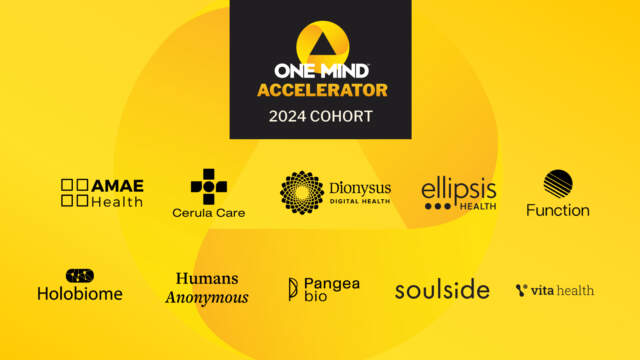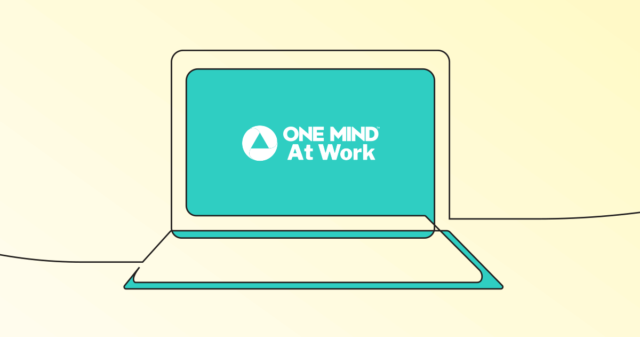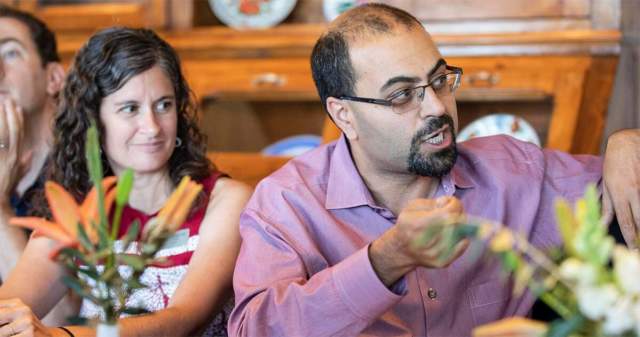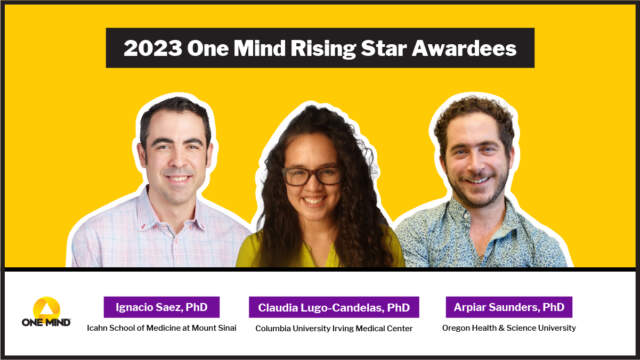One Mind Rising Star Awards
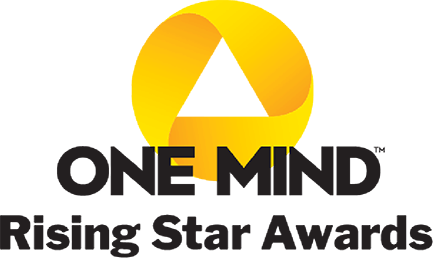
About
One Mind launched the Rising Star Awards in 2005 under the fundamental premise that investing in world-class early career investigators (ECIs) pursuing innovative, high-risk/ high-reward research would accelerate breakthroughs for psychiatric disorders. Since launch, One Mind has awarded 45 Rising Star Awards to ECIs who are pushing the frontiers of mental health science through their research and leadership.
This year, One Mind is offering up to three (3) One Mind Rising Star Awards to advance rigorous, evidence-based scientific research with great potential to benefit people living with psychiatric disorders and the mental healthcare system.
The One Mind Rising Star Award winners will each be awarded a $300,000 research grant over the course of three years to catalyze a deep mechanistic understanding of psychiatric disorders and therapeutic action, and with the end-goal of identifying or developing biomarkers and therapeutic interventions to better diagnose, treat, and prevent such disorders. In addition, the Award includes participation in the One Mind Rising Star Leadership Program aimed at providing the Awardees with the skills, network, and opportunities to emerge as catalysts for meaningful change in the mental health ecosystem.
The awardees will be selected by One Mind’s Scientific Advisory Board based on their academic credentials, research productivity, research proposal, and leadership potential.
Applications are due by Thursday, June 6, 5pm PST, 2024.

